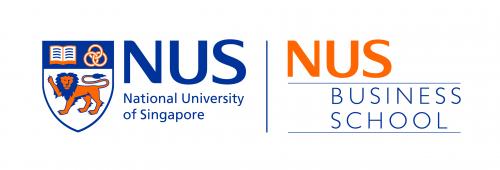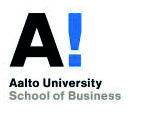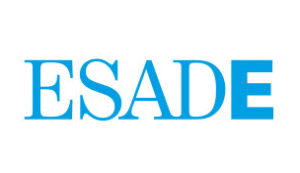
Has the leader-centric approach had its day? Aalto and CEMS at Aalto offer an innovative and novel course to help prepare future leaders to lead through interaction and a collective understanding that emerges day over day.
Education is a journey, and an invitation to continuous self-development.
This is a view strongly held by Rita Järventie-Thesleff, Professor of Practice at Aalto University School of Business, Finland.
And it’s also the rationale behind a new elective course that Aalto is offering to its CEMS and Global Management students: Leadership and Self-development.
“We think of leadership typically in terms of a kind of heroic paradigm – the traditional, hierarchical framework of leading from the top. But times are changing. And so is the future of work, and leadership.”
The context of work and our expectations around it are shifting, says Järventie-Thesleff. And this is happening fast.
“Increasingly, work is characterised by diversity, outsourcing, by new forms of social networking and by virtual and remote interaction – particularly in the wake of the Covid-19 pandemic. Employees also expect more from the organisations that they work for. Younger generations are looking for meaningfulness in the work they do and the way that they do it.”
All of this begs the question of whether conventional models and approaches to leadership are still fit for purpose.
“Traditionally the leader-centred approach has focused on individual competencies. Something set in stone, in a sense – a collection of skills that can be taught and learned. But in the new context, we see leadership as something more fluid.”
This new approach builds on the notion of leadership as practice; a set of interactions that emerge and unfold through day-to-day experiences. And it’s this precise understanding that Järventie-Thesleff is keen to convey to the next generation of leaders.
What is Leadership as Practice, in practice?
Where traditional research, understanding and teaching have viewed leadership as the activity of one individual, leadership as practice posits a more collective approach.
The collective approach is also enacted in the way the course is set up, involving several actors and specialists from the field – including an experience leadership lecturer Jari Ylitalo and a doctoral candidate, Jori Mäkkeli. Wonderful Aalto colleagues and skilled discussion generators, says Järventie-Thesleff.
“To be able to embrace the collective approach is the first learning objective of the course: it’s ensuring that students have understood and really explored these new concepts. From there we focus on strengthening students’ critical thinking and their capacity for continuous learning and reflecting deeply on what they learn.”
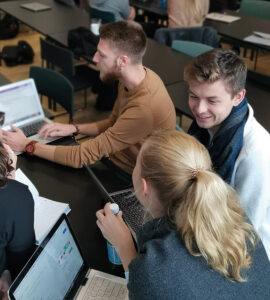
And in today’s context of continuous change, this is a vital skill. Future leaders need to develop and embed a capacity to question, challenge and update their own understanding. The third core learning objective of the course is to master the competencies of self-management.
“Being a leader also means learning how to manage yourself. All too often, we see leaders struggling to let go, or to find better balance between their professional lives and their personal needs. So this part of the course is really focused on empowering students to manage things like stress, to manage themselves and to know how and when to let go. And how to tap into greater energy when they really need to excel.”
Unlocking creativity
Leadership as practice is based on a dialogic, collective approach that challenges hierarchy and has the power to unlock creativity, argues Järventie-Thesleff.
It’s an approach that shifts from a dynamic of “do as I say” to one that is based on open communication and agreement.
She is eager to stress that while this doesn’t imply a total democracy or a flat hierarchy without key decision-makers, it is nonetheless a more inclusive model that promotes initiative-taking and a culture of innovation. This in turn has huge impact for organisations facing new challenges on the horizon as the nature of work changes.
“When we talk about the future of work, we are talking about disruption, uncertainty, transformation and challenges emerging from all kinds of unexpected sources – be they newcomers or shocks like the Covid-19 crisis. For organisations to survive and flourish, they need all the brain power they can muster. The collective leadership approach takes this deeply into account.”
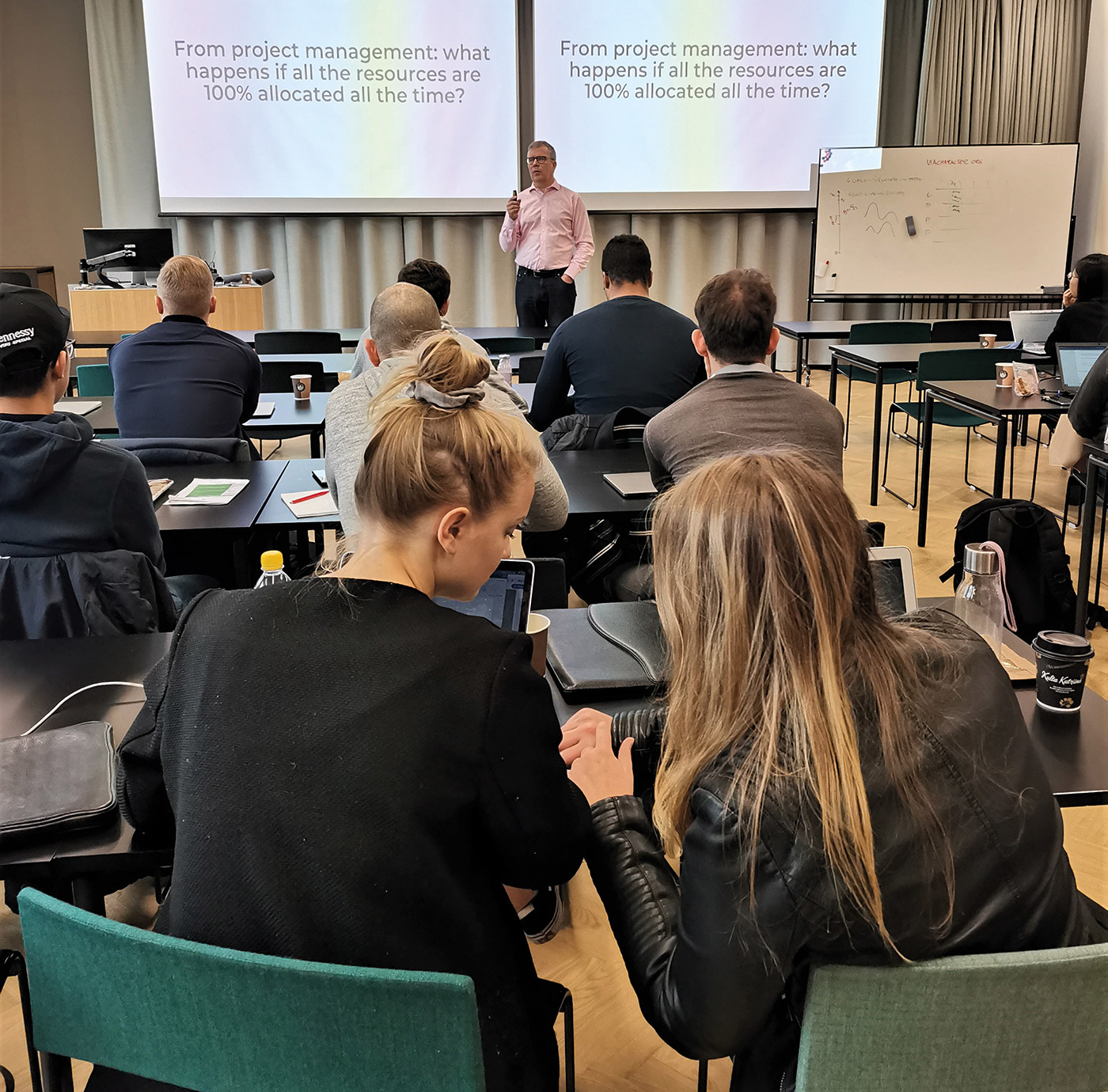
Teaching and learning on the course is discussion-based, says Järventie-Thesleff. And the experience is enriched by a visit to a Finnish consultancy that has eschewed structural hierarchy in favour of a “tribal” culture. Students, she says, find the experience fascinating.
“Students have responded with great enthusiasm to the concepts and ideas on the course. They feel a connection to the philosophy of collective leadership and self-management. Visiting the consultancy is also a great opportunity to see leadership as practice come to life. Here they have a real-world opportunity to see how organisations can flatten the hierarchy and work in tribes of shared objectives and interests. And it resonates really well.”
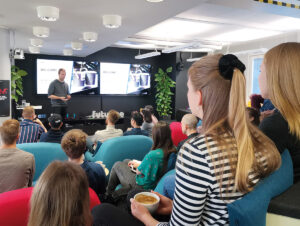
Students agree: “The course was really good and provided a clear understanding of the major leadership and management theories as well as self-development methods,” said one.
Järventie-Thesleff is looking forward to the course gaining further momentum going into the new academic year and beyond.
“We have experienced huge disruption everywhere during the Coronavirus pandemic. While the crisis has produced real tragedy and enormous challenges for everyone, there is also some learning that it offers.”
We’re seeing a real acceleration in the use of digital technology and remote working trends – and with those a growing need in tandem for agility and the very leadership approaches that the course posits, she says.
Esade Elective brings digital transformation to life
CEMS students at ESADE are responding positively to a new elective that grapples with the ways in which technological change is reshaping the future of work. Thomas Gandeborn, an exchange student from Vienna University of Economics and Business, opted to take the Digital Transformation of the World in the second trimester. His decision was fueled, he says, the need of future leaders to “build an arsenal of next-generation tools.”
As his generation starts to accede to positions of influence, says Gandeborn, the onus is on everyone to become more digitally literate: “We are heading into a more digitally oriented future, and it’s abundantly clear that tomorrow’s decision-makers will need to really understand the risks as well as the opportunities.”
Digital Transformation of the World looks at the intersection between business, technology and current international affairs. It digs deep into the ways in which digital change has impacted ways of working, the gig economy and information sharing among other things. Students emerge, says Gandeborn, with a clearer understanding of what accelerating digitalisation entails.
“From the tradeoffs between freedom of information and privacy, through to the relevance of digital in the debates around how economies will reopen after the shock of the Coronavirus, with track and trace mechanisms – this class really explores the role of technology in transforming (and erasing) some of the key elementsin the way we do things.”
For Gandeborn and other CEMSies, pursuing this course during lockdown has very much been a case of learning about something while living through it. Classes have been delivered remotely and interaction between peers and faculty has been virtual. While this has been problematic at times, the learnings are still palpable.
“Looking at digital transformation through the lens of your own digital interaction is a novel way of bringing your learning to life. This class has been timely in so many ways. Not least because of the immediate applicability of the ideas and knowledge shared.”
Translating lab research into a viable product at the National University of Singapore
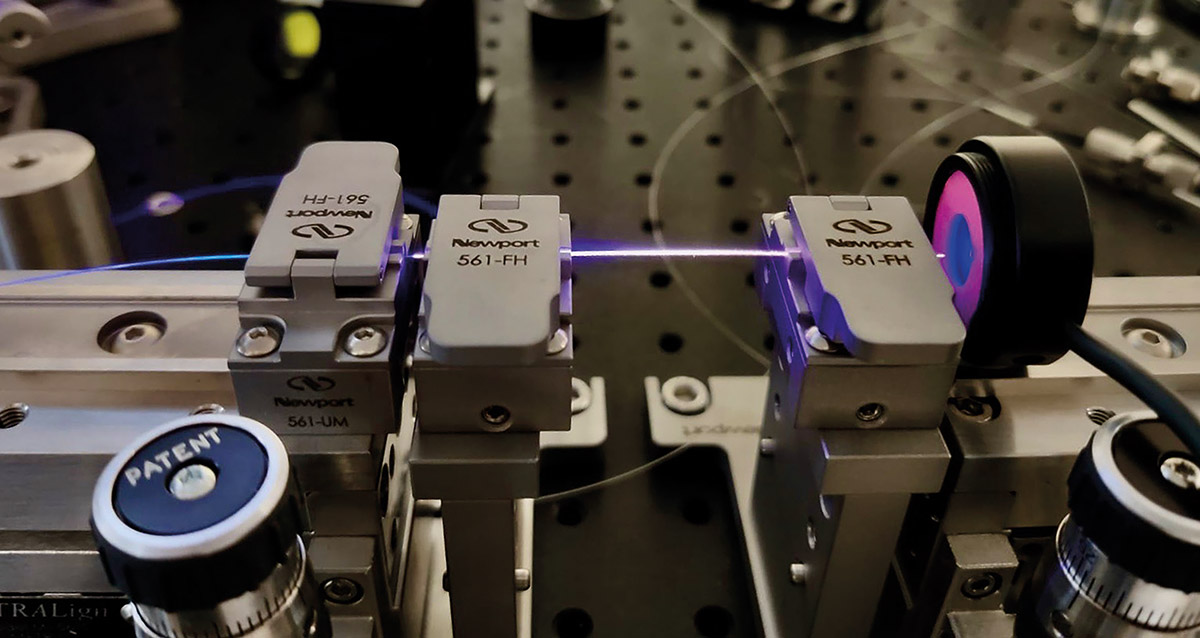
An enterprising CEMSie at the NUS hasleveraged the school’s Lean Launchpad programme to help bring an innovative product to market.

Andra Siderache got a chance to put theory into practice last semester, using lean entrepreneurial concepts and tools learnt in class to conduct a full market validation for an innovative tuneable laser developed by NUS research fellow, Henrique Guimaraes Rosa. The laser is now being considered for an Enterprise SG grant.
Learning and deploying agile entrepreneurial skills has been revelatory, says Andra. ”The Lean Launchpad programme brings you so close to real-life entrepreneurship, giving me and my classmates the kinds of future-forward competencies and insights we will need to be successful. The programme has taught me the importance of conducting the market validation of a product in order to avoid investing too much and finding out later that it is not as demanded as you might initially think. It has also taught me the importance of being creative in problem solving.”
Contributions
Rita Järventie-Thesleff, Aalto University School of Business
Thomas Gandeborn, ESADE/Vienna University of Economics and Business
Andra Siderache, National University of Singapore
